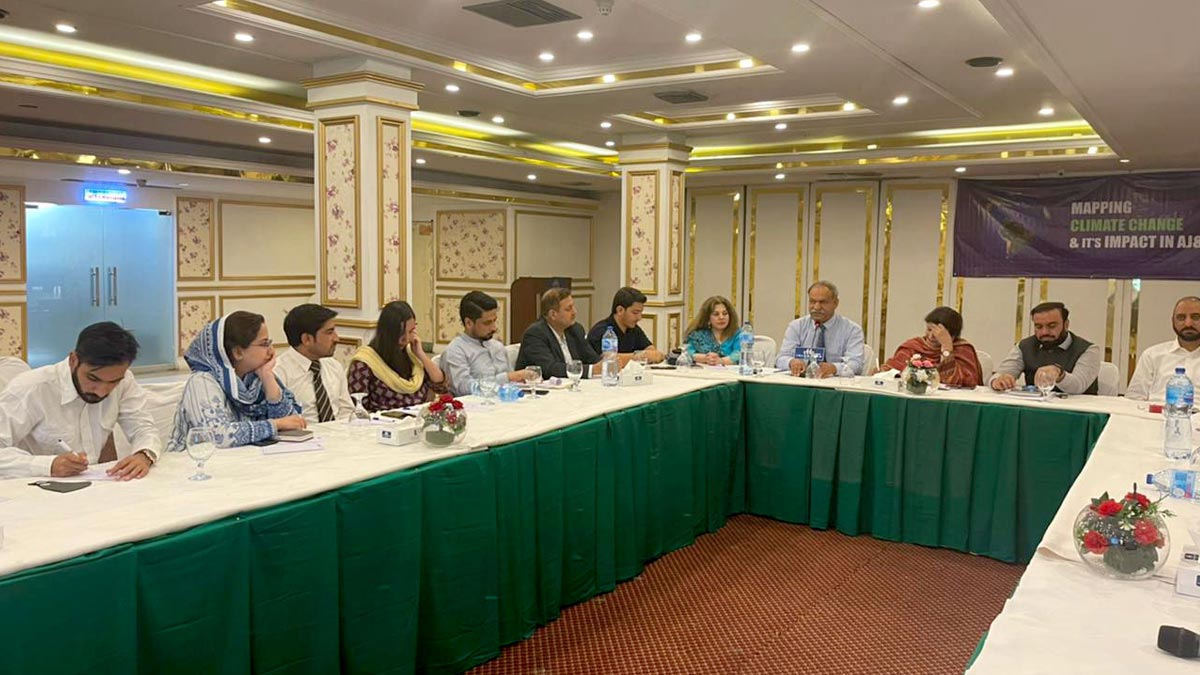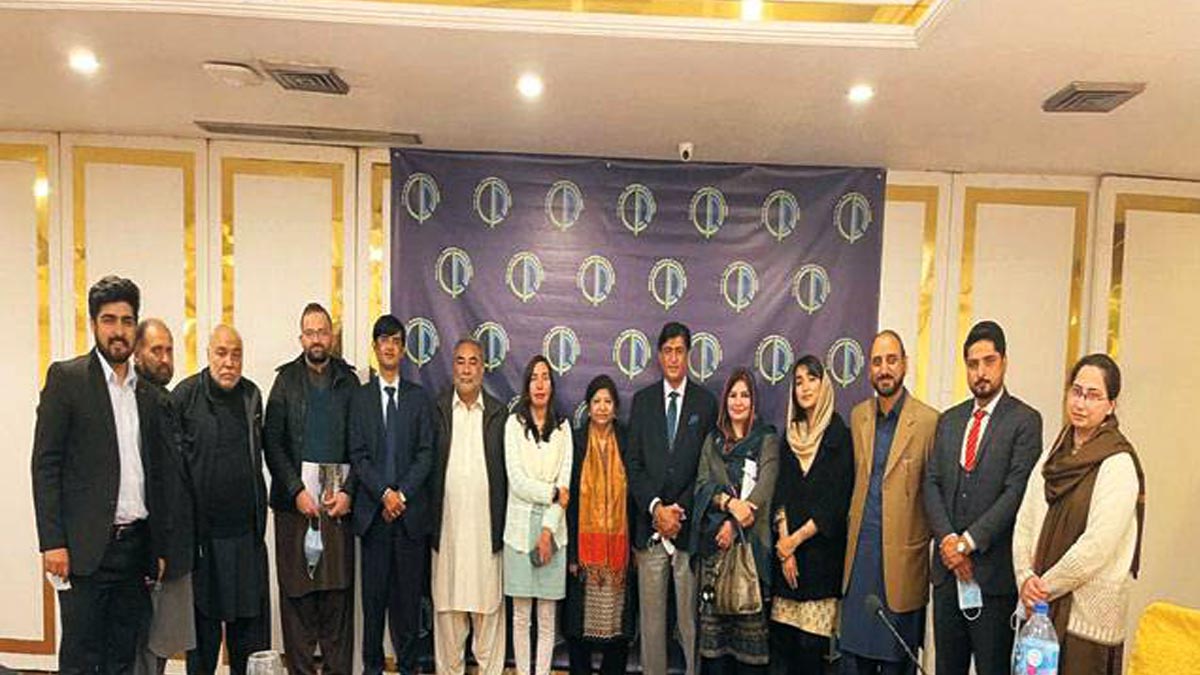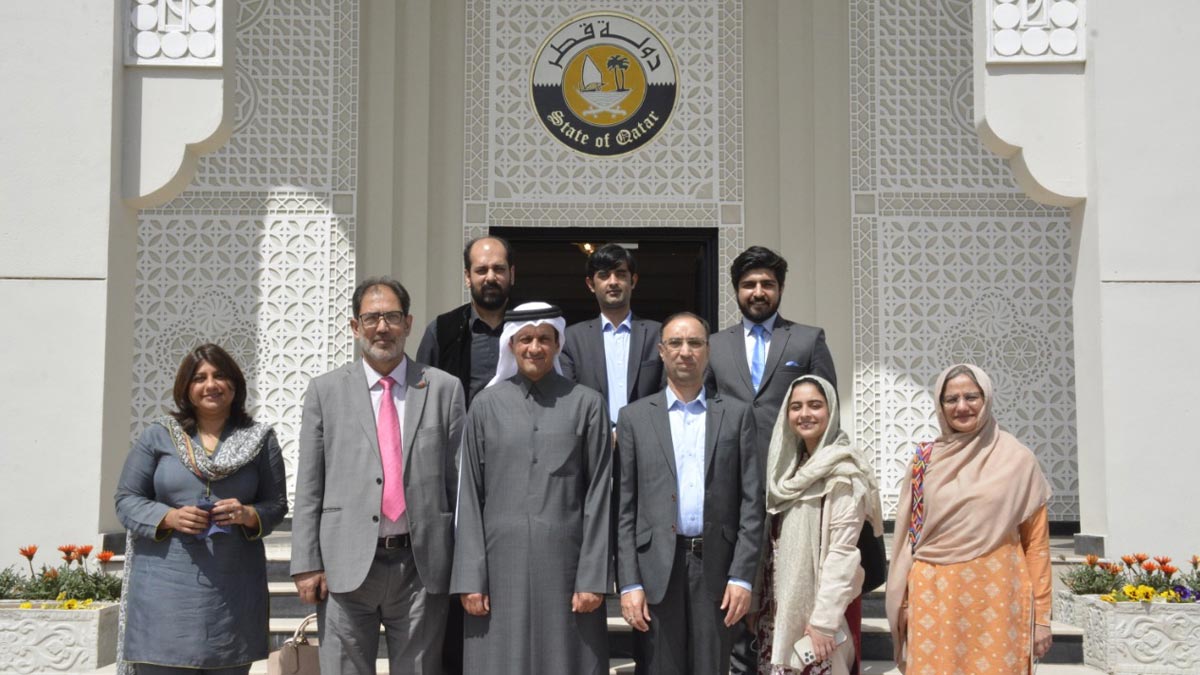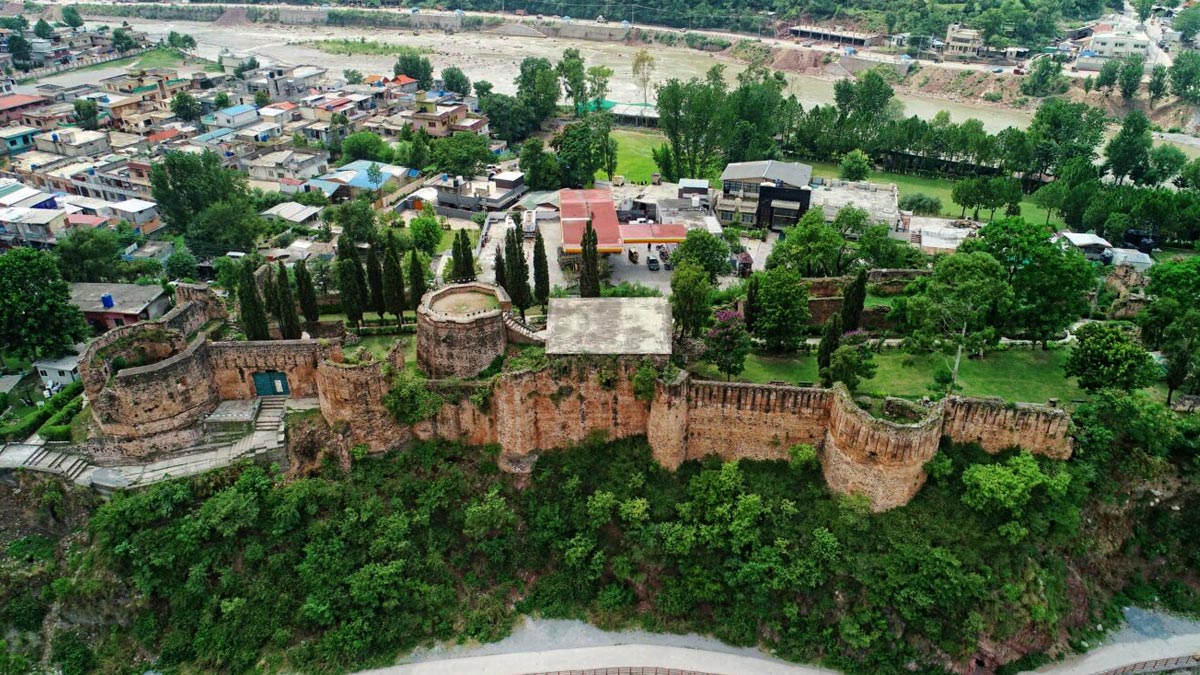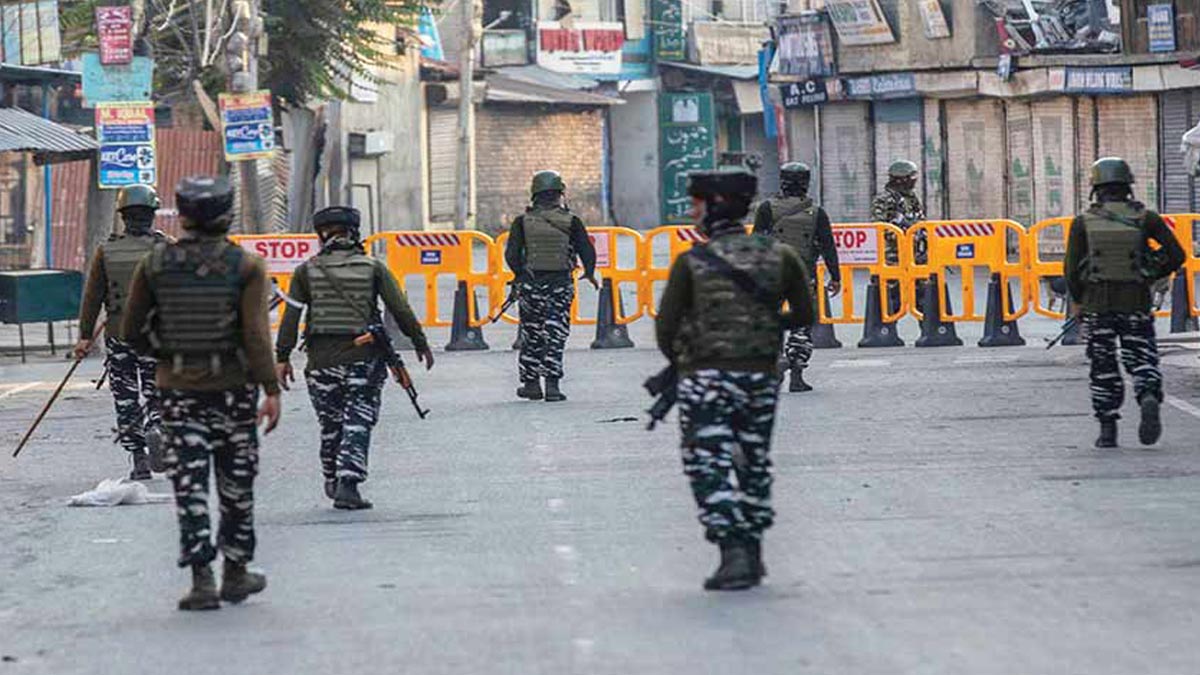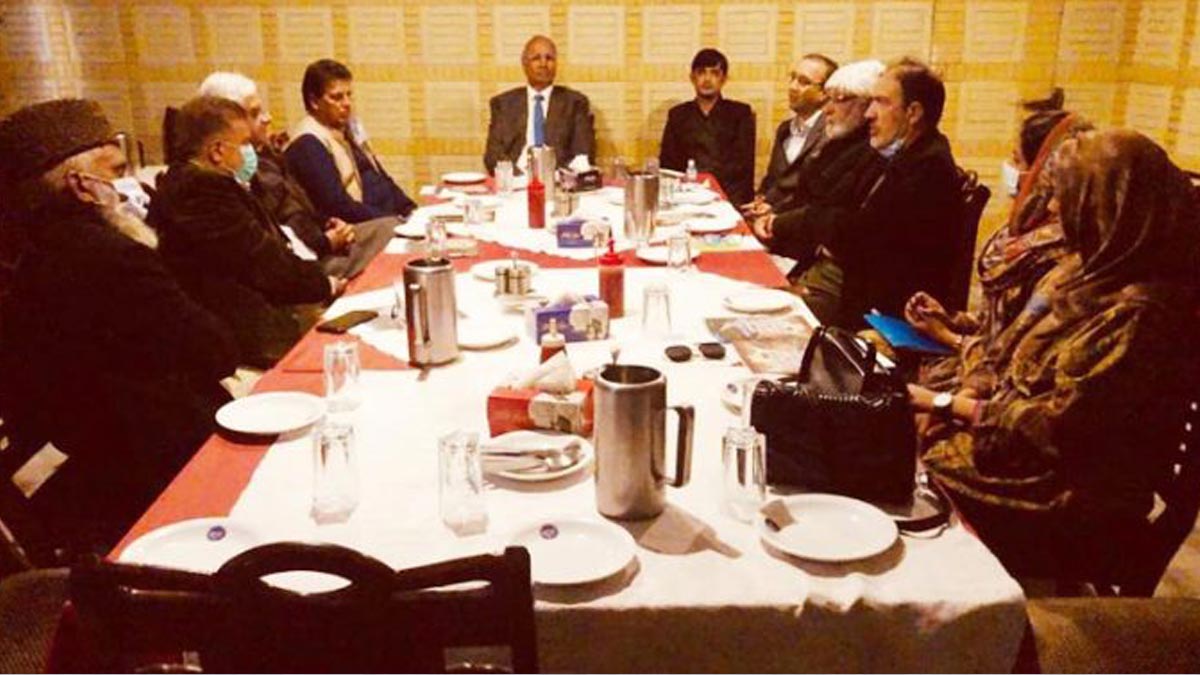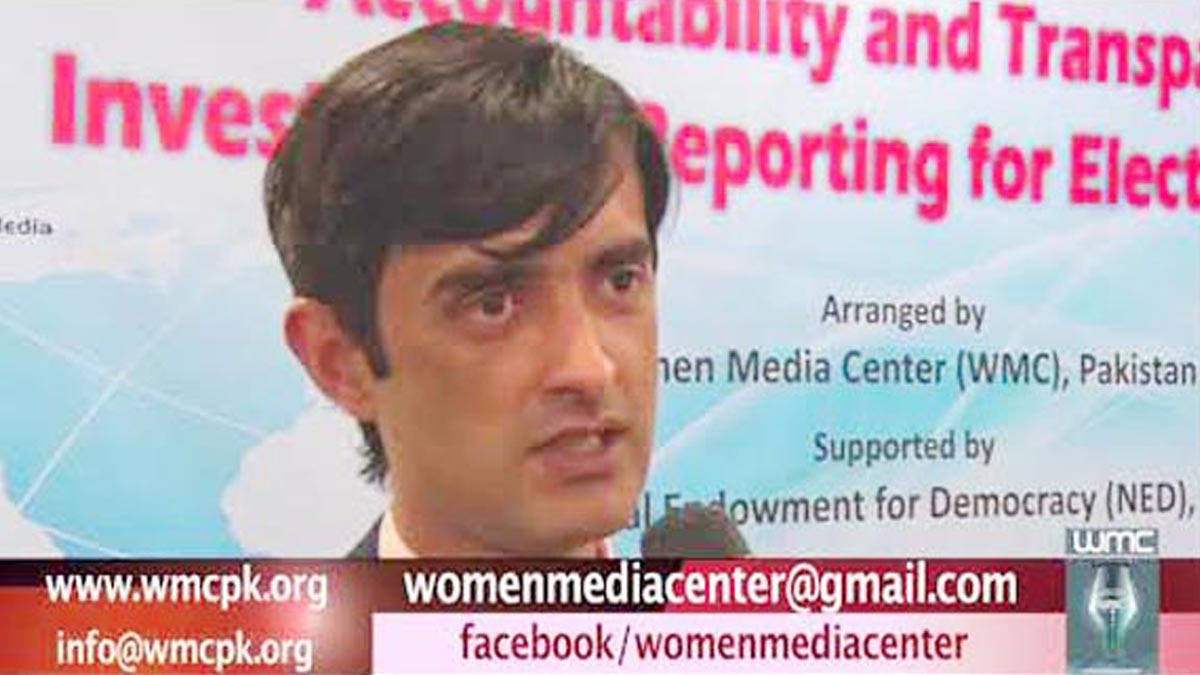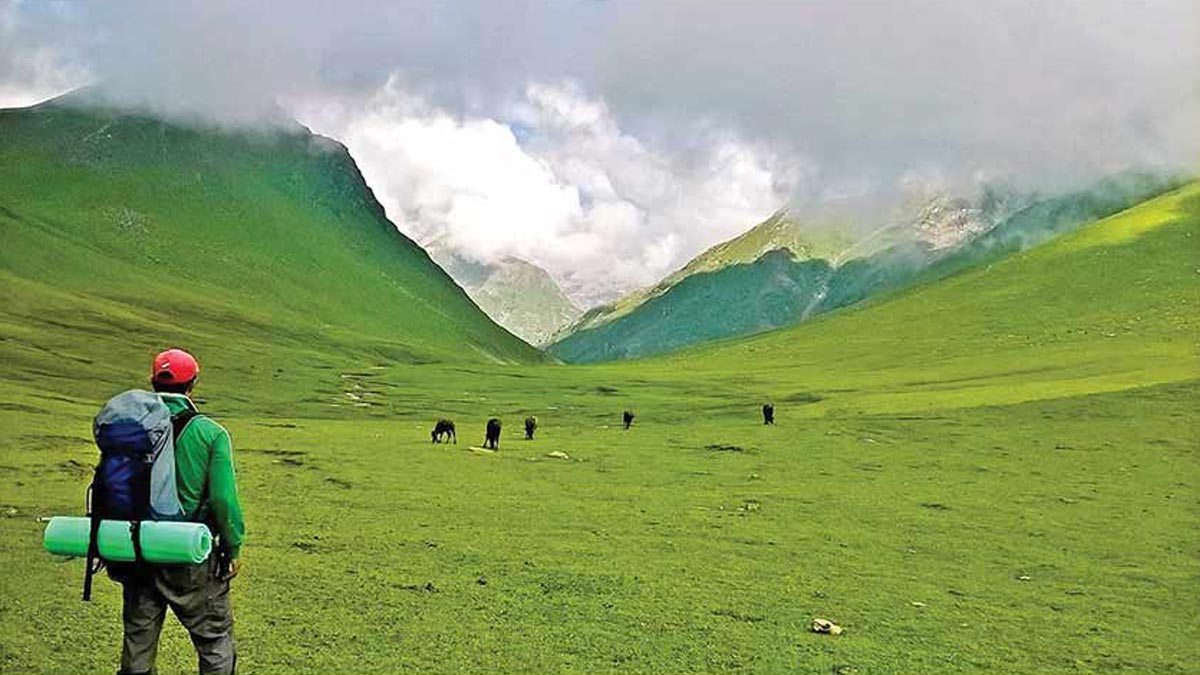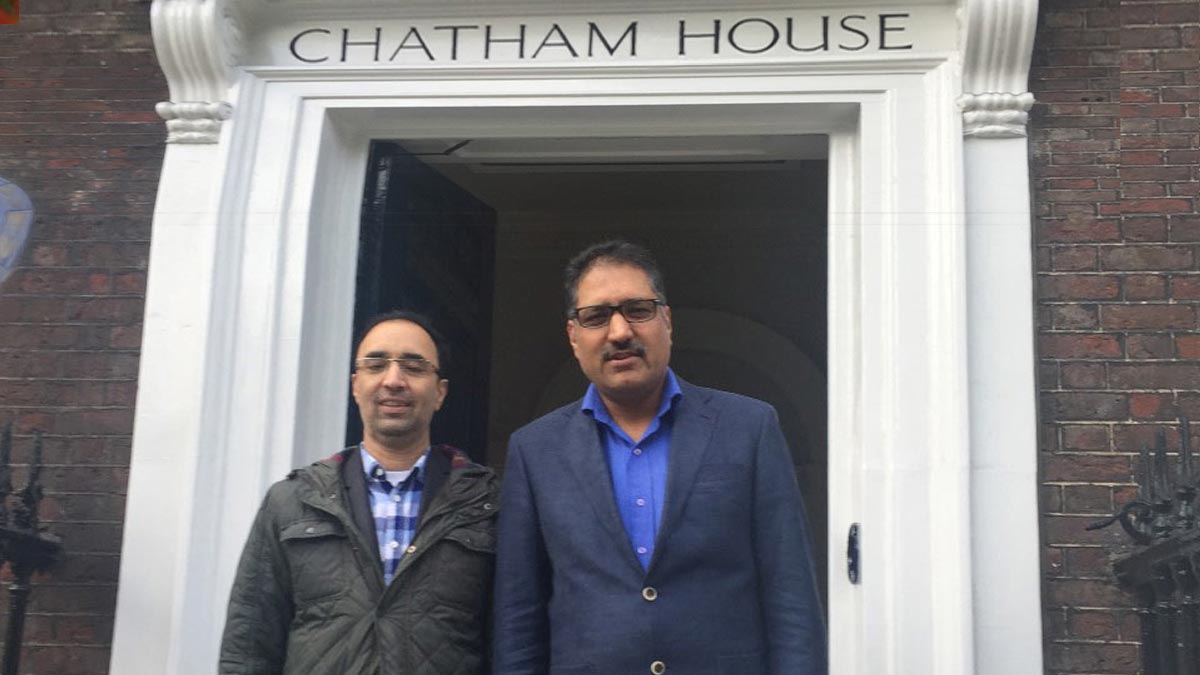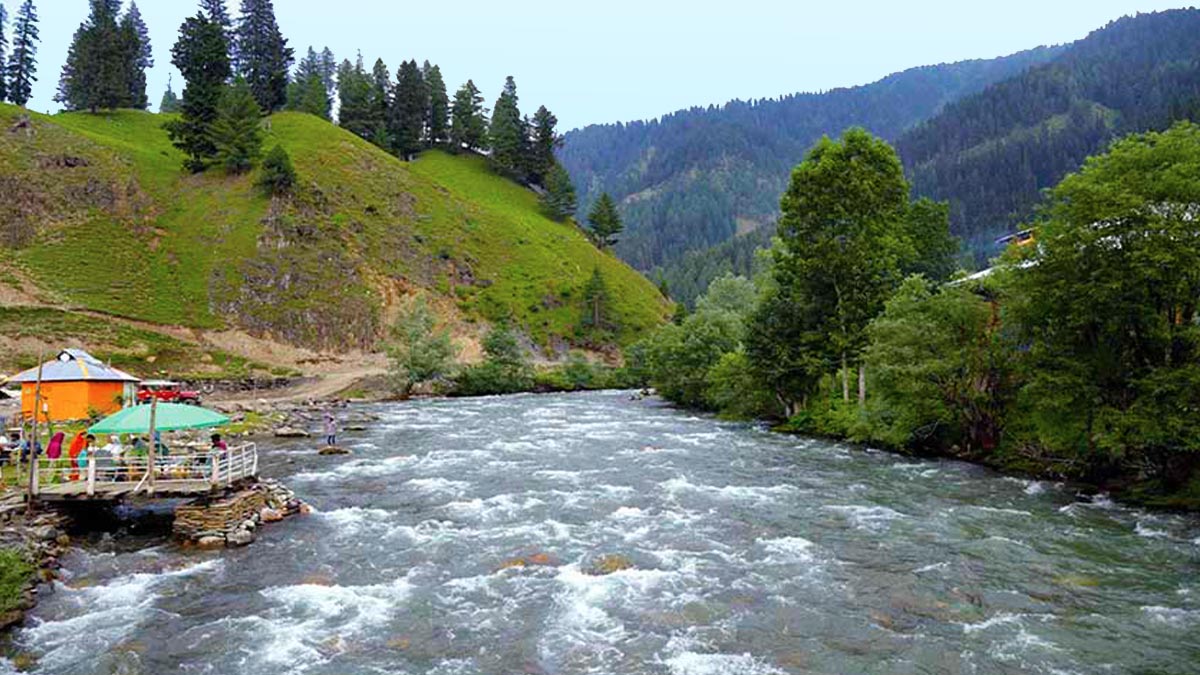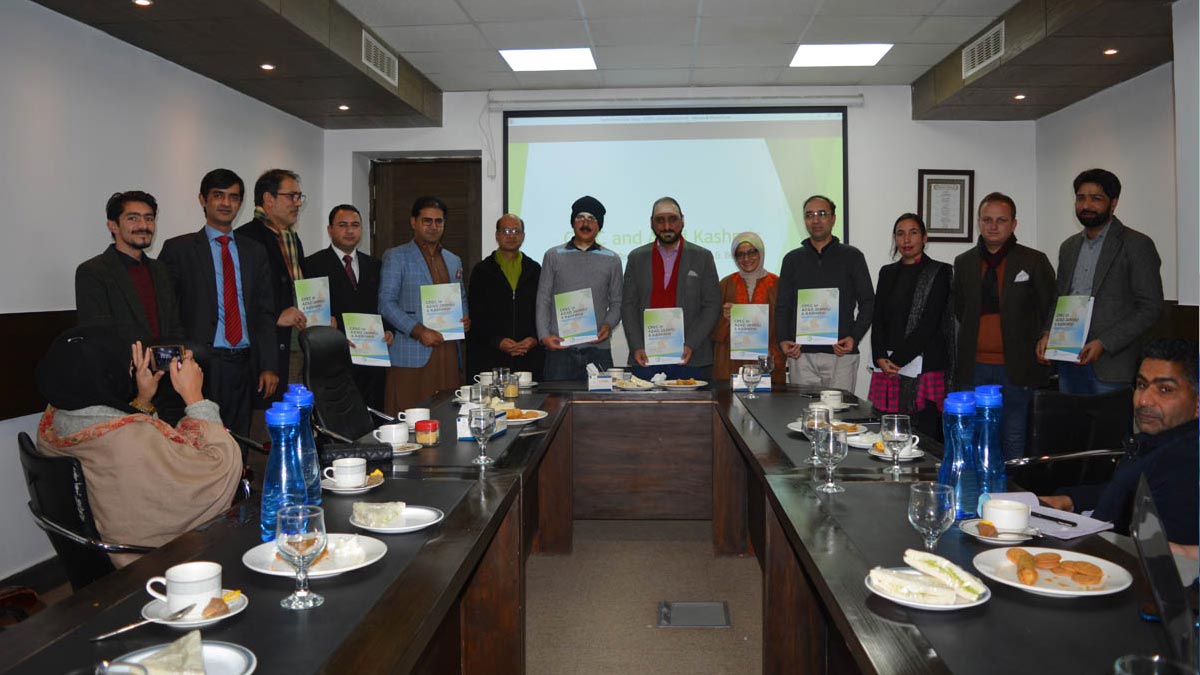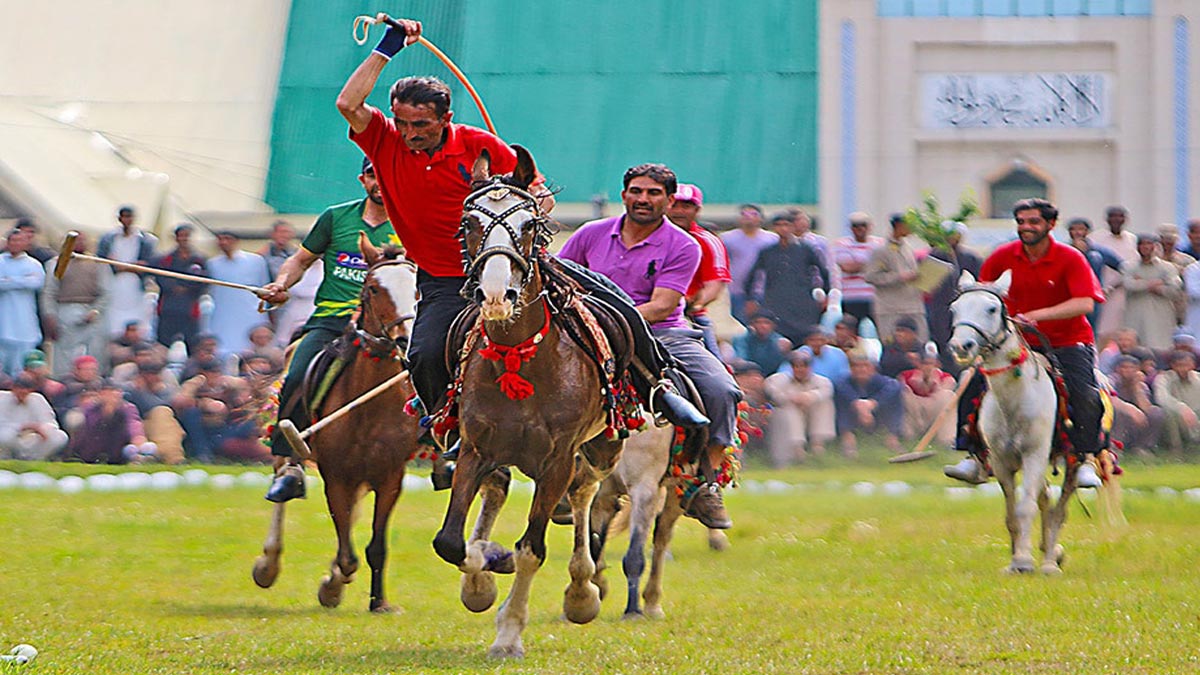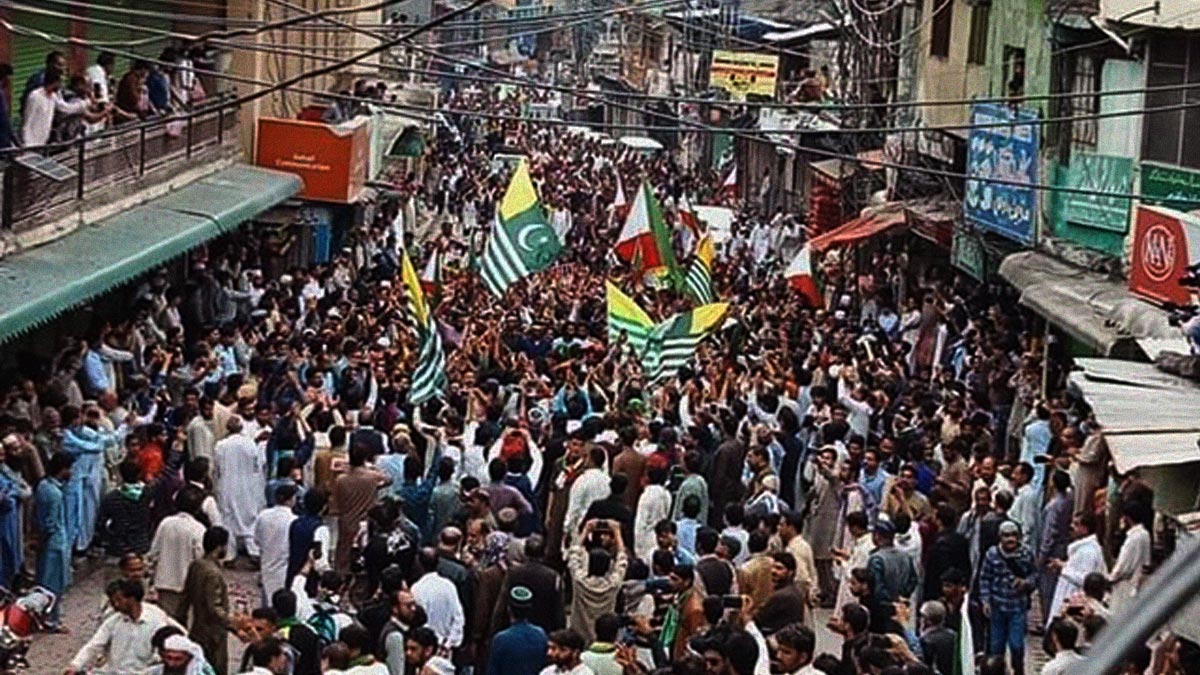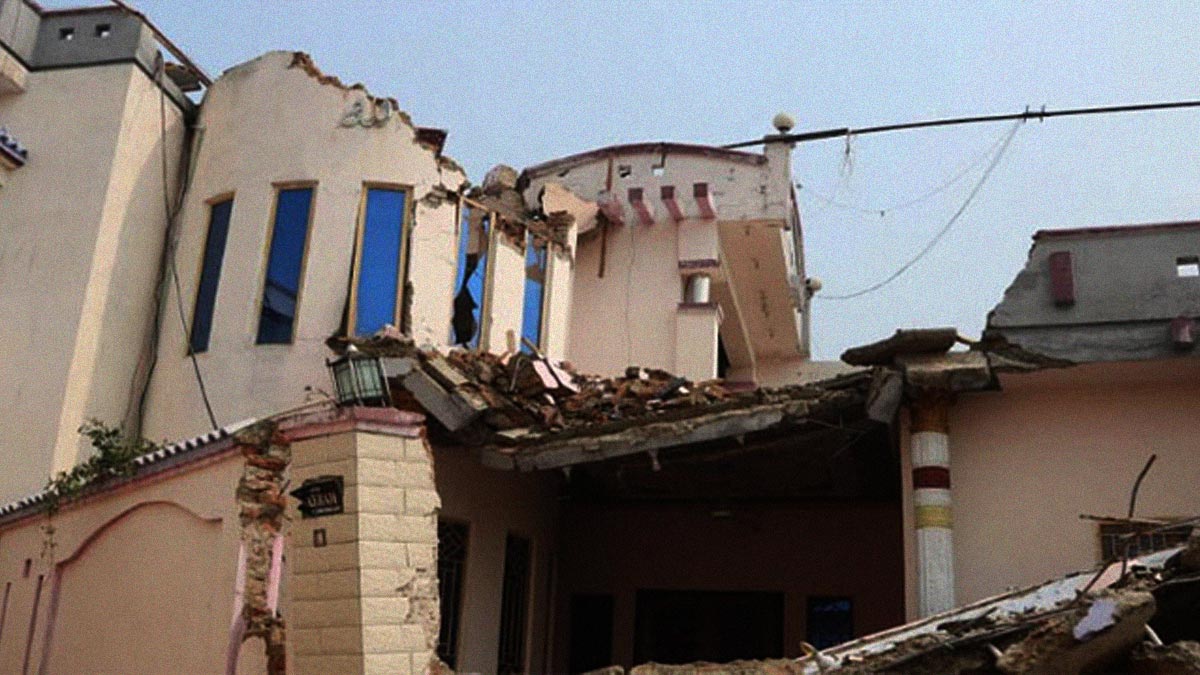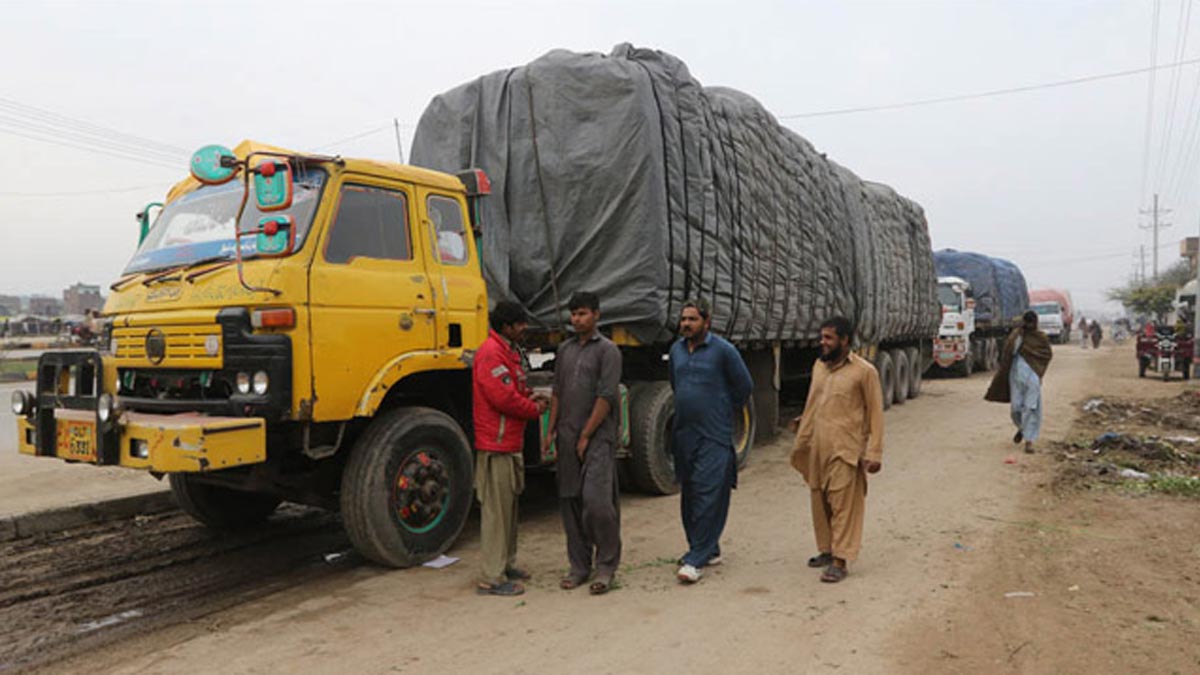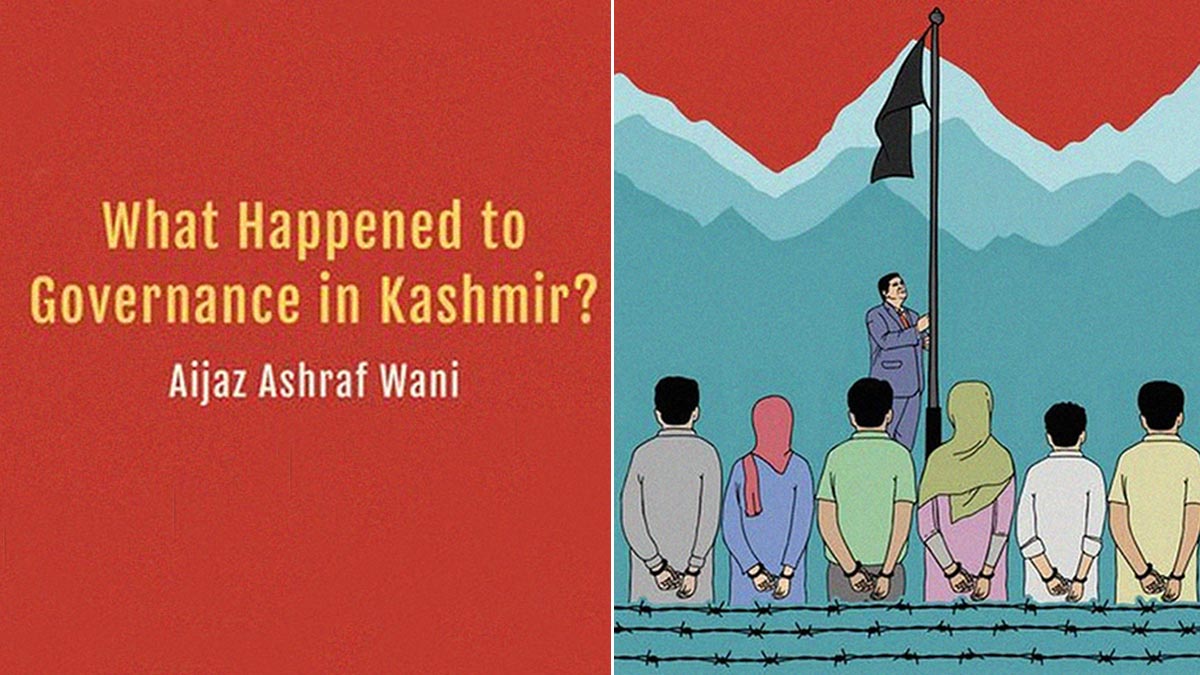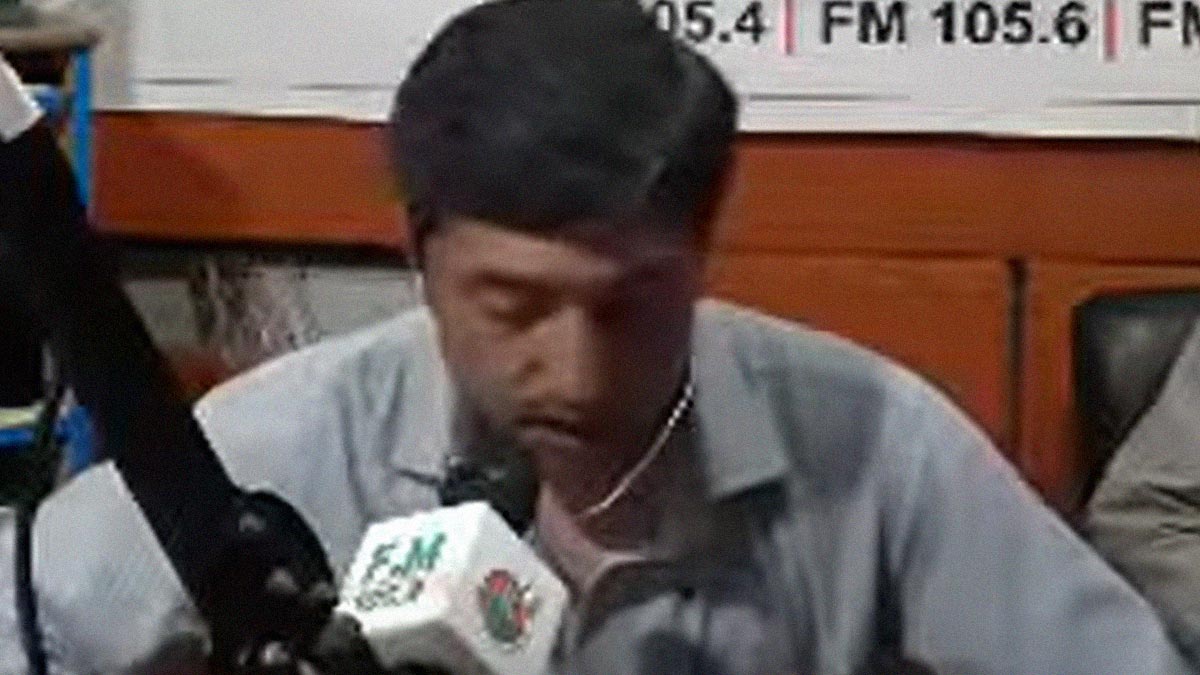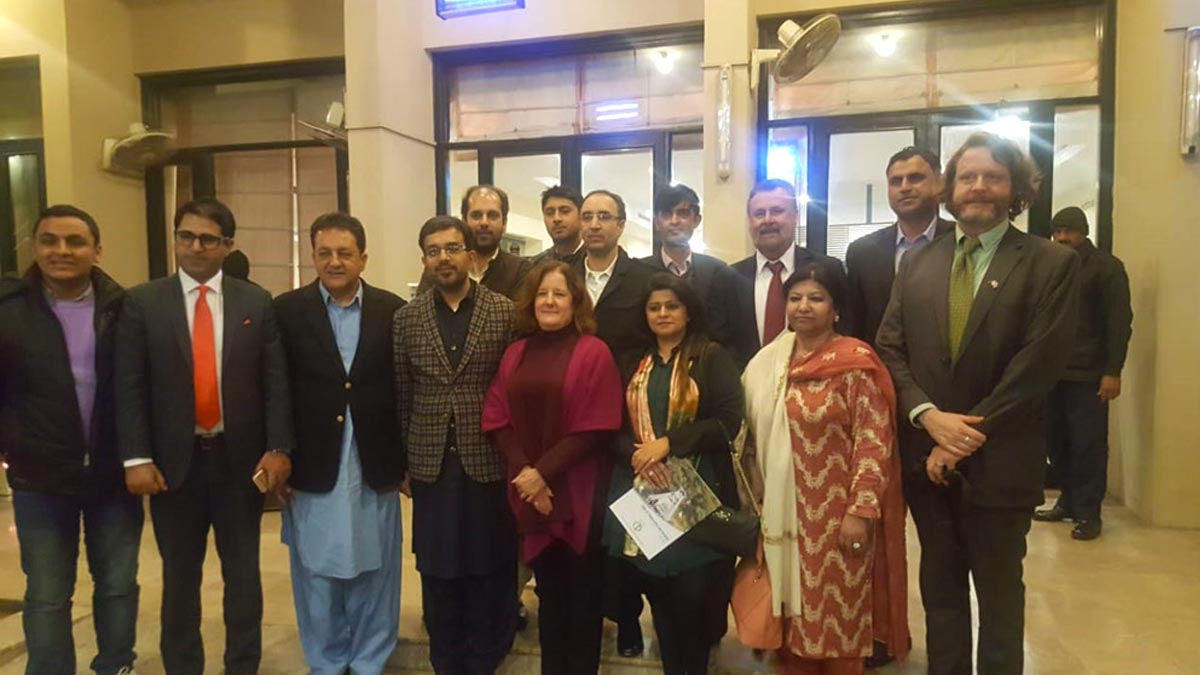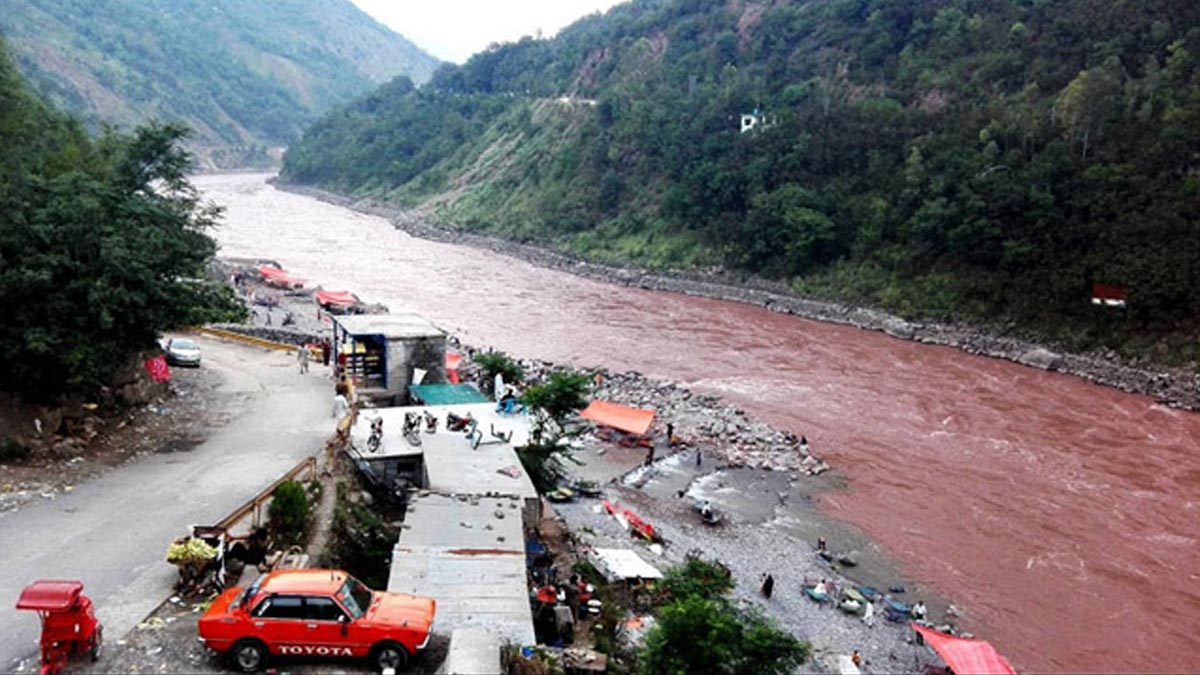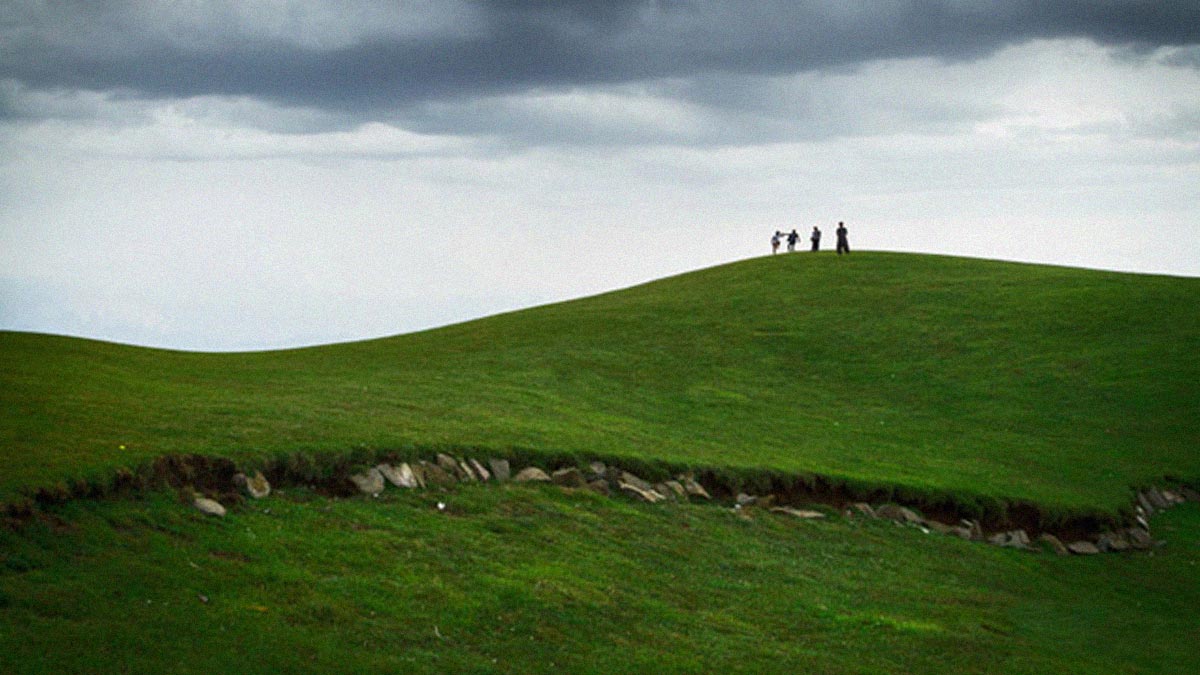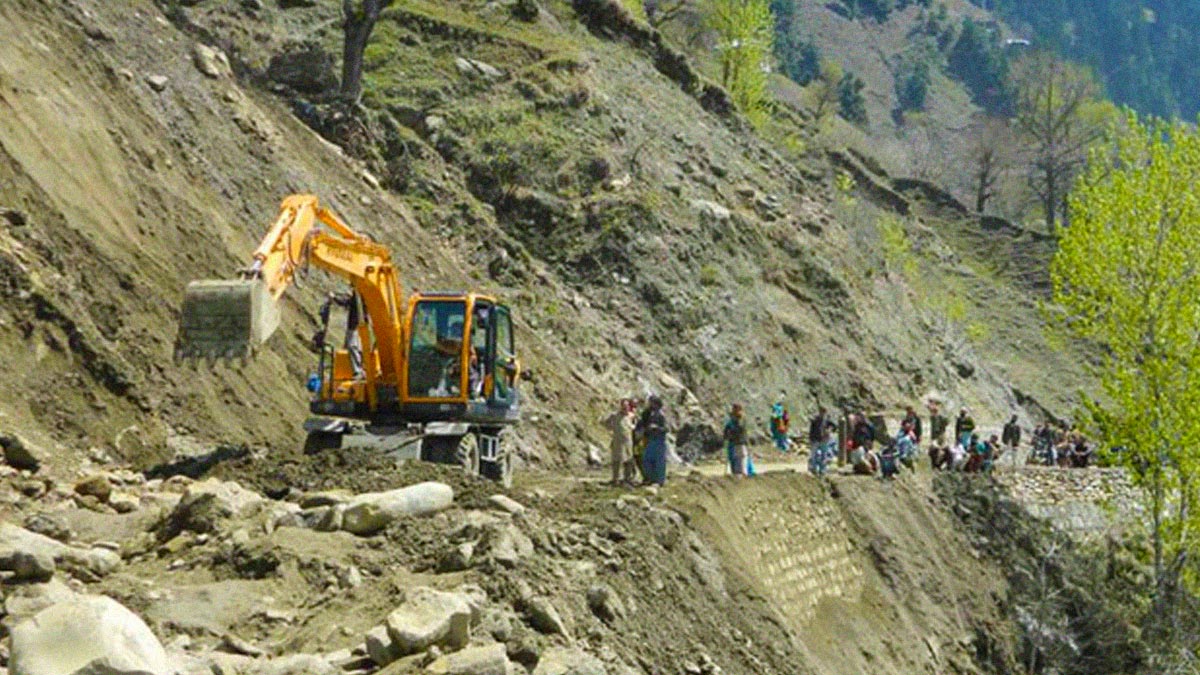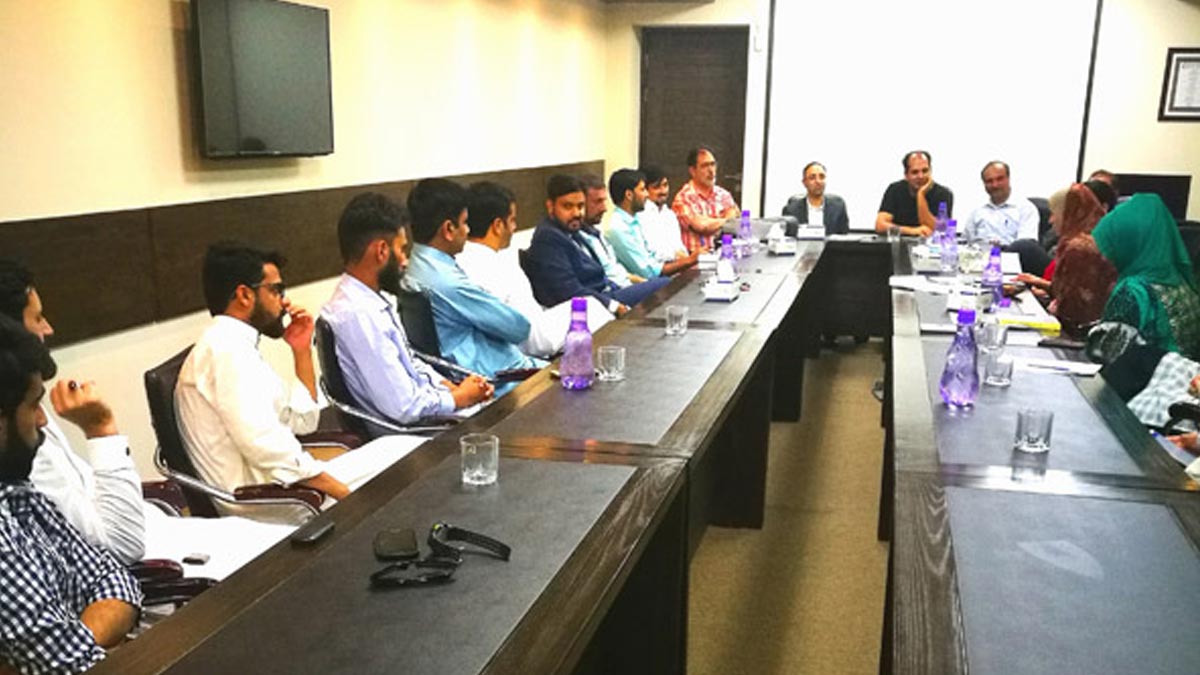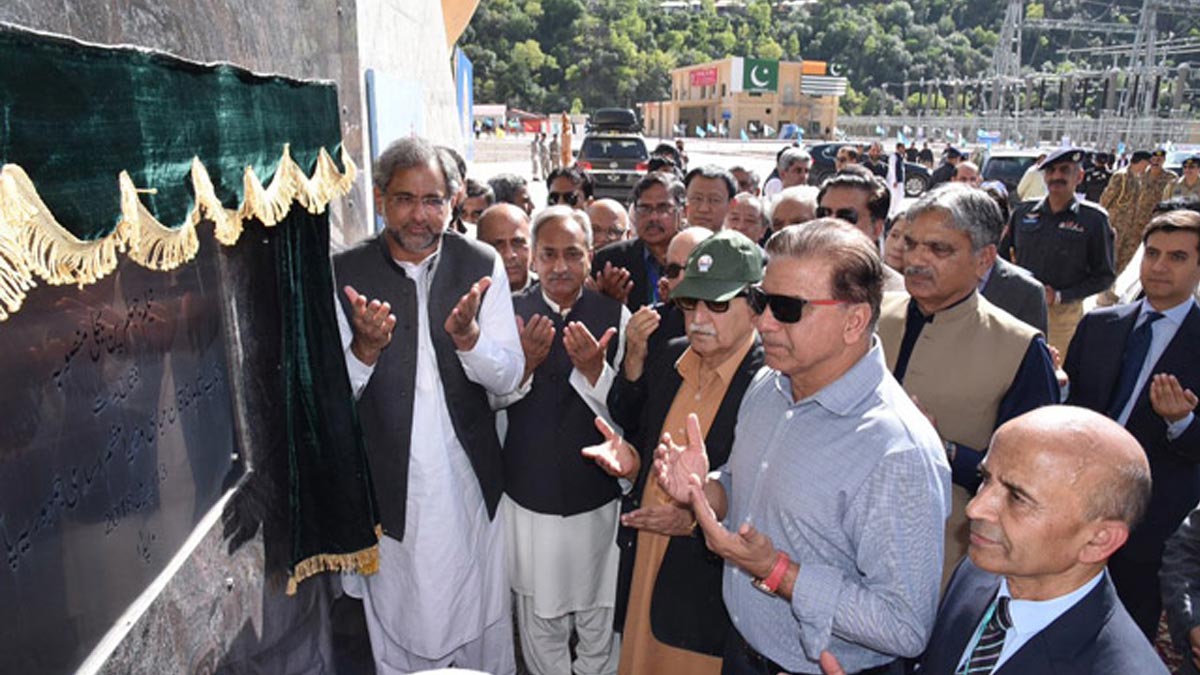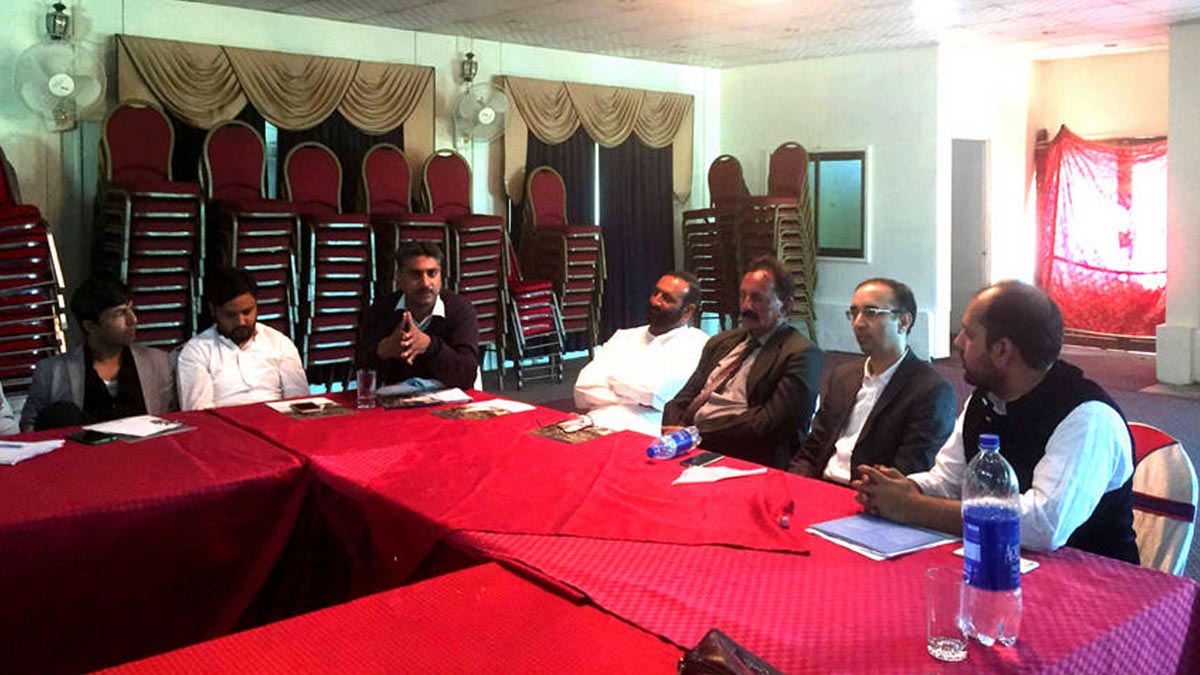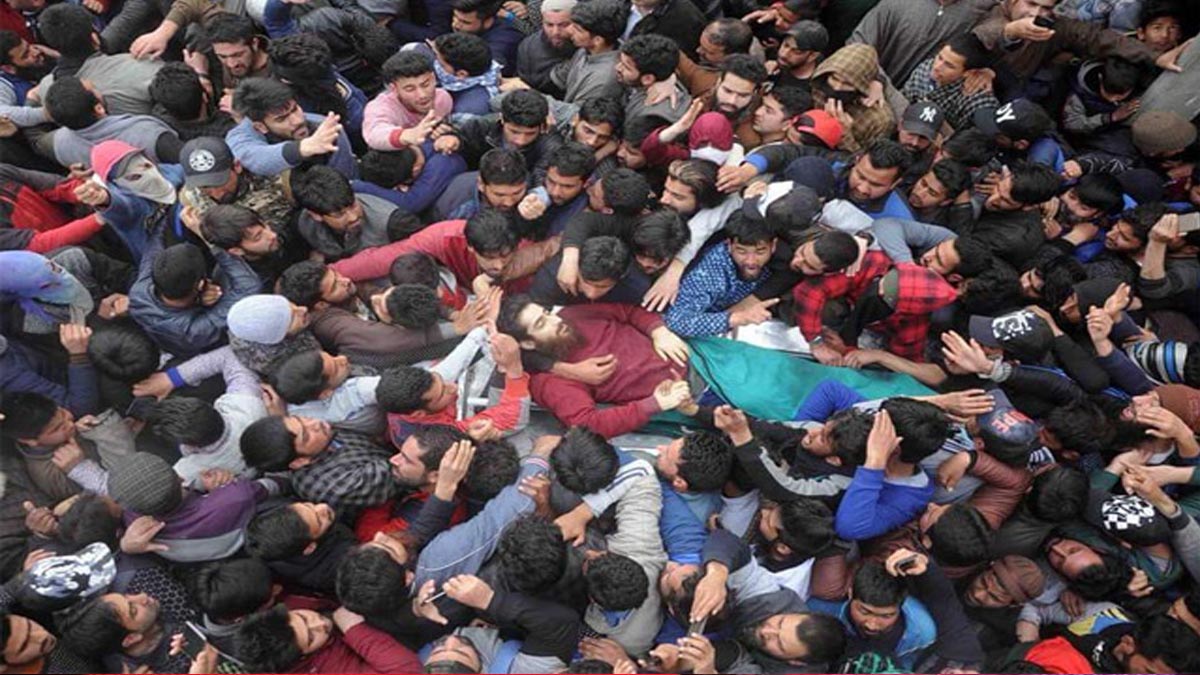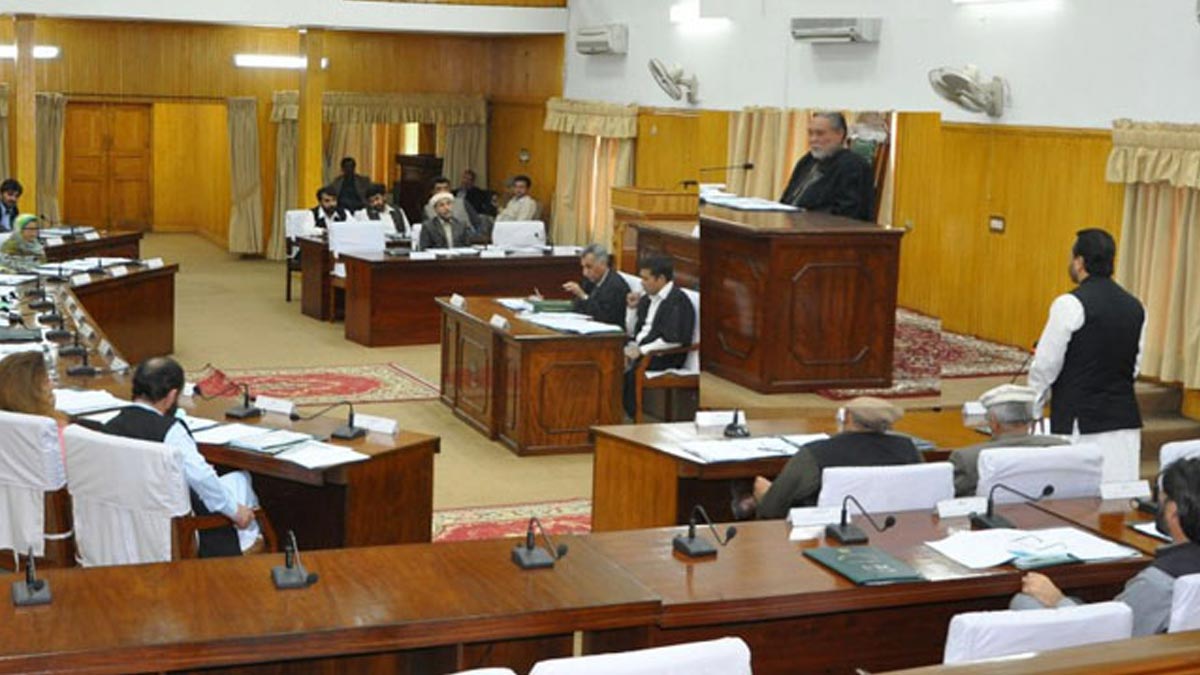- December 26, 2021
- @admin
- 0
- 26th December 2021
- Ershad Mahmud
The resolution of the Kashmir issue remained close to Quaid-i-Azam Muhammad Ali Jinnah’s heart during the last years of his life.
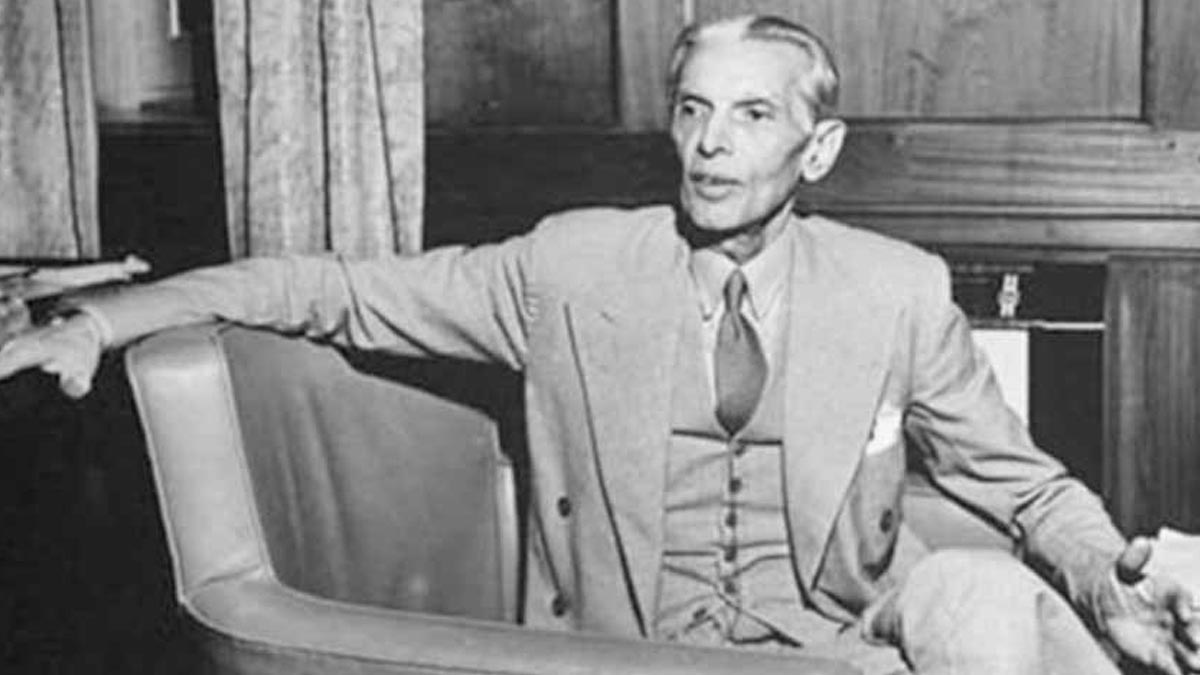
The Quaid-i-Azam had travelled to Kashmir valley much before the beginning of the Pakistan Movement. Prominent Kashmiri historian Justice Yusuf Saraf writes that during 1926-28, Muhammad Ali Jinnah travelled to Srinagar via Rawalpindi along with his wife, Rattan Bai. The Quaid drove his car through the picturesque valley of Kashmir and arrived in Srinagar. Not much has been written about his journey and his stay in Kashmir. Possibly, he stayed away from the public eye during this visit.
In 1936, Quaid-i-Azam visited Srinagar on Sheikh Muhammad Abdullah’s request. He also appeared in the Jammu and Kashmir High Court and won the case in the first hearing.
In 1944, Chaudhary Ghulam Abbas had a long conversation with the Quaid in Delhi, apprising him of the situation in Kashmir. The Quaid assured him of his full support. Chaudhry Ghulam Abbas writes in his book, Kashmakash, that this meeting shaped the relationship between Muslim League and the Muslim Conference, especially between himself and the Quaid-i-Azam.
In 1944, the Quaid-i-Azam, was invited by both the National Conference and Muslim Conference. He travelled to Srinagar via Jammu for the last time. The Quaid-i-Azam travelled in an open car for 18 kiloemntres from Suchetgarh to Jammu. Chaudhary Ghulam Abbas sat next to the Quaid. Chaudhary Ghulam Abbas, recalls in his book that the procession’s route were decorated in an unprecedented way. The Quaid was very pleased with the warm welcome. When he was showered with flowers by the locals, he exclaimed: “This is no less than paradise.”
The next day, while addressing a public gathering, the Quaid said that the 100 million Muslims of India would not abandon the people of Jammu and Kashmir. They would stand with the Kashmiris through thick and thin. Sheikh Abdullah’s National Conference arranged a public gathering in Pratap Park, Srinagar, in the Quaid’s honour. More than 100,000 people were eager to see a glimpse of Quaid-i-Azam. The Quaid said that the way he had been welcomed could make a king proud. He said he believed that this welcome was not meant for him personally but the president of the Muslim League.
During his stay in Srinagar, he tried hard to persuade Sheikh Abdullah to side with the Muslim League. He did not like the idea of Muslims being divided or supporting the Congress. Sadly, his effort to bring Sheikh Abdullah and Chaudhary Ghulam Abbas on the same platform did not succeed.
Sheikh Abdullah was consumed by the idea of Indian nationalism. Therefore, the Quaid began to publicly support the Muslim Conference. He was aware of the broad understanding between Sheikh Abdullah and the Indian National Congress. He instructed the Muslim Conference to work closely with the minorities. Addressing a ceremony in Srinagar, the Quaid said, “I assure Chaudhary Ghulam Abbas and the Muslim population of Jammu Kashmir that Muslim League and the Muslims of India will always be ready to help.” These words speak of his love for the people of Kashmir.
After the establishment of Pakistan, the Quaid had to face more serious problems. However, he did not forget Kashmir. He continuously tried to resolve the issue peacefully.
Historian Rasheed Taseer writes that after the inception of Pakistan, the Quaid’s military secretary wrote three letters to Maharaja Hari Singh mentioning that the Quaid wanted to spend some time in Srinagar on the advice of doctors. The Maharaja suspected that the Quaid would pressure Muslim leaders to join Pakistan. Therefore, he excused saying that he would be unable to make necessary arrangements befitting the status of the governing general of a neighbouring country.
In October 1947, Quaid-i-Azam’s private secretary, KH Khurshid visited Srinagar to figure out the Maharaja’s plan and to persuade the National Conference leaders to support the idea of accession to Pakistan. Before being arrested, Khurshid held several political meetings for almost four weeks. He informed the Quaid from Srinagar through a telegram, “The Maharaja is against joining Pakistan. The lives of Kashmiri Muslims are in danger.” He also suggested that “Pakistan should think about war. Pakistan should be ready for any situation.”
KH Khurshid was arrested by the Jammu and Kashmir police. After being detained for 13 months, he reached Karachi as a result of a prisoner exchange. By then the Quaid-i-Azam had passed away.
By the end of September 1947, Sheikh Abdullah had been released from jail while other Kashmiri leaders, including Chaudhary Ghulam Abbas, remained incarcerated. In the first week of October, the government of Pakistan unofficially sent a three-member high-level delegation to Srinagar, comprising Mian Iftikharuddin, Dr Muhammad Din Taseer and Associated Press of Pakistan manager Tajuddin, to convince Sheikh Abdullah to side with Pakistan. Sheikh Abdullah, in his biography Aatish-i-Chinar, mentions his conversation with Dr Taseer, who informed him that the Quaid wanted to restore cordial relations between the Muslim League and the National Conference and bury the past rivalry. Several accounts of this meeting revealed that Sheikh Abdullah was not willing to take a clear position on the matter. He possibly wanted some assurances from the top leaders of Pakistan. Sheikh Abdullah and Taseer agreed that Ghulam Muhammad Sadiq, a trusted companion of Sheikh sahib, hold a dialogue with the government of Pakistan. Later on, Sheikh Abdullah himself should visit Lahore to meet the Quaid. However, instead of waiting for the outcome of the dialogue with Pakistan, Sheikh flew to Delhi. Pandit Jawaharlal Nehru warmly received him at the airport. He was presented the Guard of Honour. He stayed in Delhi as a personal guest of the Indian prime minister and gave practical shape to the idea of joining India while keeping Pakistan in the dark. Pakistan had already anticipated Sheikh’s plan as it had managed to make reliable connections in his close circle. As a result, Ghulam Muhammad Sadiq didn’t given much attention in Lahore.
Two weeks before the Indian forces landed in Srinagar, Pakistan made another effort to resolve the Kashmir issue without an armed conflict. Chaudhary Muhammad Ali, writes in his book, The Emergence of Pakistan, that the government of Pakistan sent its foreign secretary to Srinagar on October 15 for dialogue with the Government of Jammu and Kashmir, but the Prime Minister of the Jammu and Kashmir government refused to meet him. It was probably the last effort made to settle Kashmir’s future peacefully. Unfortunately, the opportunity was lost.
Mountbatten, Pandit Nehru and Sheikh Abdullah were busy deciding the fate of Kashmir in Delhi in the third week of October 1947. Every day, they were inching towards an unpopular decision, ignoring the geographical realities and the wishes of the Kashmiri people. These three decided on Jammu and Kashmir’s accession to India, causing an unending conflict in the region.
On October 27, Maharaja Hari Singh signed a document of Jammu and Kashmir’s accession to India. The Indian army landed at the Srinagar airport. The Quaid-i-Azam ordered Commander-in-Chief of Pakistan Army, Gen Sir Douglas Gracey, via telephone, to immediately send the Pakistan Army to help Kashmiris. Had Gen Gracey had followed Quaid’s order, the Pakistan Army would have reached Srinagar via the Rawalpindi-Srinagar Road, and taken control of the Srinagar airport.
Gen Gracey excused himself, saying that he would not send troops to Kashmir without the permission of the Joint Commander-in-Chief Field Marshall Sir Claude Auchinleck. Six months later, the same Gen Gracey requested Quaid-i-Azam to order the Pakistan Army to enter Kashmir to stop the Indian forward movement which he believed was a threat to Pakistan. On May 8, 1948, the Pakistan Army assumed the responsibility of Azad Jammu and Kashmir’s defence along with local forces, known as the Azad Kashmir Liberation Forces.
Chaudhary Ghulam Abbas’s biographer, Basheer Ahmed Qureshi writes that after being released from jail, Chaudhary Ghulam Abbas went to see the Quaid at the Governor’s House in Karachi. The Quaid received him at the gate. Ghulam Abbas’s daughter had been abducted during the partition riots. The Quaid told him that he had spoken to the Indian PM about her early recovery. Ghulam Abbas humbly requested him not to pursue the request. He said his daughter could come back with other daughters of the nation who faced a similar situation.
Chaudhary Ghulam Abbas recalls that during his last meeting with the Quaid the latter remorsefully told him that he had wanted the Pakistan Army to intervene in Kashmir but not only Gen Gracey but also the cabinet turned down his suggestion. He said they were riding the wrong bus. Ghulam Abbas could not resist asking the Quaid why he had not asserted his influence with the cabinet. The Quaid said that being a constitutional head, he was not supposed to undo the cabinet’s decision or press it to take a particular decision. He said “I did not want to set an undemocratic example”.

On September 10, 1948, Dr Ilahi Bakhsh informed Fatimah Jinnah that Quaid-i-Azam’s health had deteriorated dangerously. He vividly recalled that the Quaid had repeatedly mentioned the Kashmir issue, settlement of refugees and the constitution of Pakistan during his last days. The Kashmir issue was always close to his heart.
Media Links:
The News | Click Here
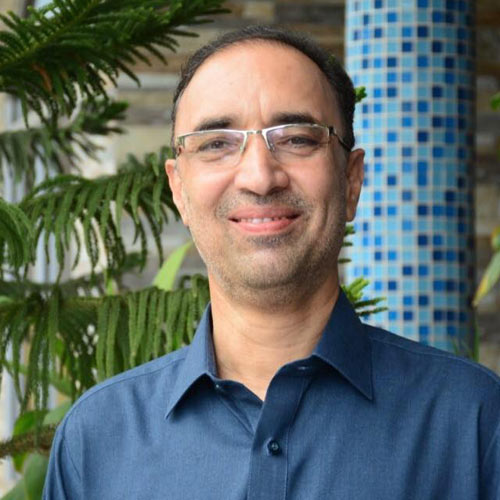
Ershad Mahmud
The writer is a freelance contributor. He can be reached at:









